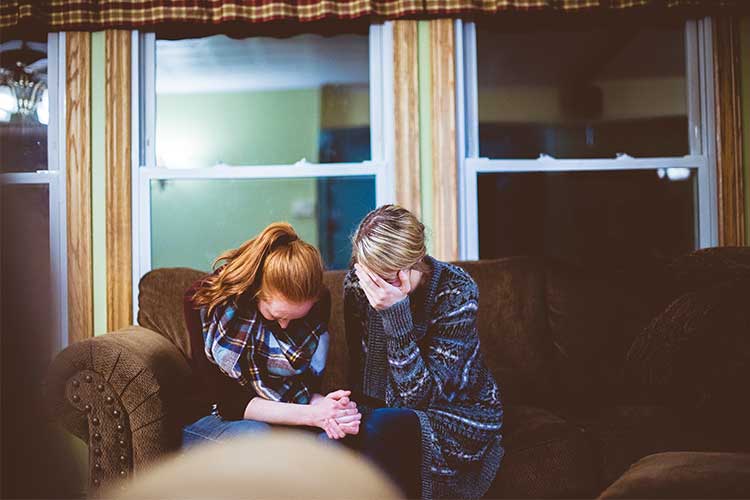In the United States, February 14 2018 will not be remembered as just another Valentine’s Day.
It will be recognised as the date of one of the deadliest school shootings in US history.
On that day, in an area of southern Florida, a gunman entered a regional high school area and opened fire on children and their teachers. The event occurred just prior to the end of the school day, and when the shooting was over, the citizens of Parkland, Florida had suffered the unimaginable loss of 17 citizens: 13 high school students and 4 adults who gave their lives while shielding others from certain death.
The bodies of the victims that were fatally shot, along with most of the other children and adults who were seriously wounded, were taken to Broward Health North Hospital near Parkland Florida where the incident occurred. The police department successfully arrested the alleged gunman within two hours of the incident and he too was transported to Broward Health North Hospital.
The same medical team that met the victims and family members were also charged with providing care and comfort to the alleged perpetrator of this heinous act.
For several hours, as the story was told on all the major television stations, I watched and wondered how this could happen in a school located in the heart of suburban America.
As the hours passed, I began to think about the medical team comprised of nurses, physicians, first responders and students in Broward Health North.
How could we as healthcare professionals recognise their loss, thank them for their expertise and allow them opportunities to express their grief?
I believe that the answer to this difficult question is for nurses to work with healthcare leaders as advocates for the provision of critical incident stress debriefing sessions for healthcare teams that participate in critical incident situations.
Critical Incident Stress Debriefing

Davis (2013) defines a critical incident as an unforeseen death in the daily delivery of care, a grave injury from a shooting or stabbing, or a perceived physical or psychological threat to the health and safety of an individual or community, regardless of the type of incident.
Those who experience a critical incident may experience a dramatic and profound change or disruption to their physical and/or psychological functioning.
Critical incident stress debriefings (CISD) involve specific techniques that are designed to allow 'first responders' to cope with the physical and physiological effects of traumatic events.
Debriefing sessions provide participants with a 'safe place' to express their anger, grief and sorrow related to the events they experienced.
It is important to note that the benefits of CISD are maximised if they occur within 24 to 72 hours post-trauma. The longer the length of time between the experience of the trauma and CISD, the less effective CISD becomes (Davis, 1993; Mitchell, 1988).
Emergency Debriefing Strategies
Davis (2013) suggests implementing the following seven strategies into the process of debriefing emergency responders:
- Assess the impact of the critical incident on support personnel and survivors utilising objective tools (e.g. behavioral logs)
- Identify emergent concerns pertaining to conflicts involving safety and security
- Use defusing to give participants permission to express their thoughts, emotions and experiences associated with the trauma, and offer validation of possible reactions
- Anticipate events and reactions to come in the aftermath of the event
- Conduct a systematic review of the critical incident and its impact emotionally, cognitively and physically on survivors. Assess for inappropriate behaviors or responses to the crisis or trauma
- Bring closure to the incident's 'anchor' support personnel and survivors to community resources to initiate or start the rebuilding process (i.e. help identify possible positive experiences from the event)
- Debriefing assists in the 're-entry' process back into the community or workplace. Debriefing can be done in large or small groups or one-to-one depending on the situation. Debriefing is not a critique but a systematic review of the events leading to, during and after the trauma.
Assess the Critical Incident Stress Debriefing Services in Your Healthcare Setting
Provision 3.2 of the Australian code of conduct for nurses addresses the nurse’s responsibility to 'create a positive, culturally safe work environment through ‘role modelling, and supporting the rights, dignity and safety of others, including people and colleagues.’ (NMBA 2018)
I would ask that each of you assesses the availability of CISD services in your healthcare setting. We must never lose sight of our responsibility to our colleagues, who by the nature of their setting become first responders to unimaginable tragedies. We honour their contributions by recognising their needs and providing the post-care that they will need to continue to serve the most vulnerable victims of our communities.
Additional Resources
References
- Nurse and Midwifery Board of Australia 2018, Code of Conduct for Nurses, Australian Health Practitioner Regulation Agency, viewed 25 March 2018, http://www.nursingmidwiferyboard.gov.au/Codes-Guidelines-Statements/Professional-standards.aspx
- Davis, J A 2013, 'Critical Incident Stress Debriefing From a Traumatic Event: Posttraumatic Stress Following a Critical Incident', Psychology Today, 12 February, viewed 25 March 2018, https://www.psychologytoday.com/blog/crimes-and-misdemeanors/201302/critical-incident-stress-debriefing-traumatic-event
